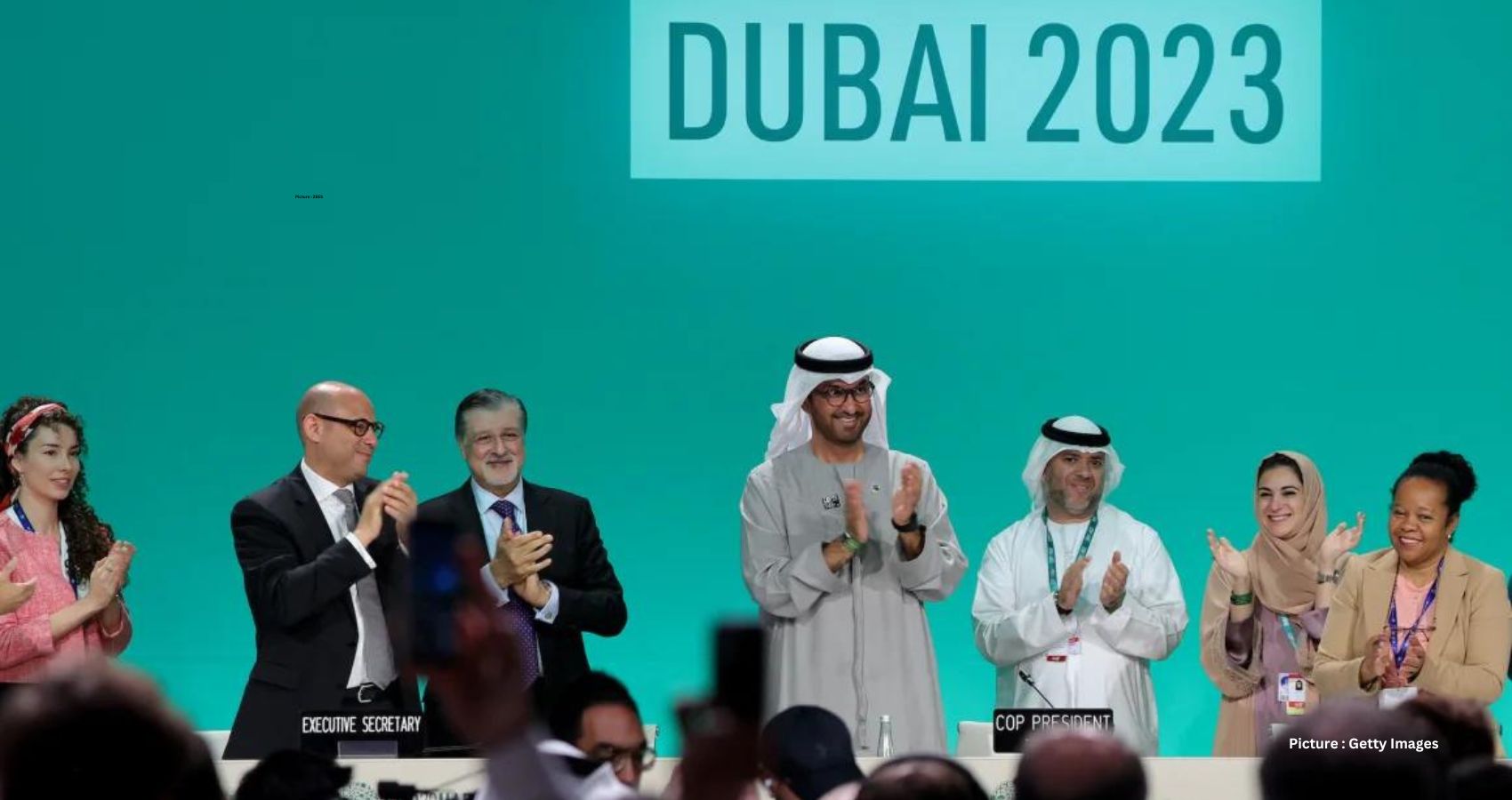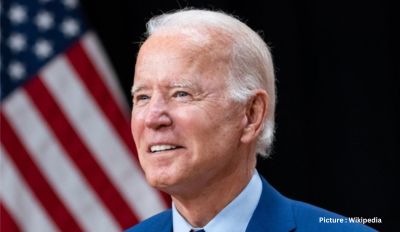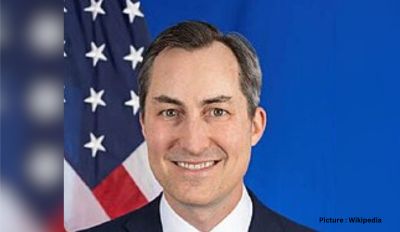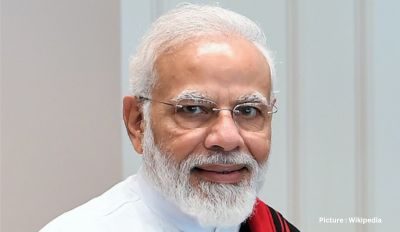In a historic turn of events, the world reached a groundbreaking climate deal in Dubai on Wednesday at the COP28 summit after two weeks of intense negotiations. The agreement, known as the Global Stocktake, marks an unprecedented call to shift away from fossil fuels. However, the use of vague language in the agreement raises concerns about the level of commitment from some nations.
The COP28 President, Sultan Al Jaber, declared the agreement as “historic” during his address to national delegates at the final session. He highlighted the inclusion of language on fossil fuels for the first time, emphasizing that the deal has the potential to redefine global economies. Despite this apparent progress, differing interpretations of the agreement’s language have sparked a debate on its effectiveness.
“At long last, the loud calls to end fossil fuels have landed on paper in black and white at this COP,” remarked Jean Su, the energy justice director at the Center for Biological Diversity. However, she cautioned that “cavernous loopholes threaten to undermine this breakthrough moment.”
The agreement falls short of mandating a “phase-out” of oil, coal, and gas, a demand voiced by over 100 countries and numerous climate groups. Instead, it “calls on” countries to “contribute” to global efforts to reduce carbon pollution in ways they deem fit. Options include “transitioning away from fossil fuels in energy systems and accelerating action in this critical decade to achieve net-zero by 2050.”
The COP28 summit unfolded against the backdrop of a year marked by unprecedented global heat, resulting in deadly extreme weather events. This year, officially the hottest on record, has been marred by controversies at the Dubai conference, with accusations of oil interests influencing the talks.
Deep divisions emerged among nations, with oil-producing nations, led by Saudi Arabia, rejecting language on phasing out fossil fuels. On the opposing side, more ambitious parties, including the European Union and a coalition of island states, expressed dissatisfaction with a previous draft containing diluted language on fossil fuels. U.S. climate envoy John Kerry acknowledged that these divisions nearly derailed the conference but ultimately deemed the deal a success and a testament to multilateralism.
While Kerry celebrated the agreement as a significant step towards moving away from fossil fuels, critics voiced disappointment and concerns about the adoption process. Anne Rasmussen, the lead negotiator for the Alliance of Small Island States (AOSIS), expressed concern that the decisions were gavelled without the input of small island developing states, a powerful voice in climate talks.
AOSIS, despite acknowledging the agreement’s positive elements, voiced exceptional concern, stating that the needed course correction has not been secured, and the presence of numerous loopholes threatens its efficacy. Many climate experts cautiously welcomed the reference to fossil fuels but pointed out weaknesses, such as leaving room for fossil fuel expansion, particularly through controversial technologies like carbon capture and storage.
Harjeet Singh, head of global political strategy at Climate Action Network International, noted that COP28 highlighted fossil fuels as the primary culprits of the climate crisis. However, he criticized the agreement for containing loopholes that provide escape routes for the fossil fuel industry, relying on unproven and unsafe technologies like carbon capture and storage.
Despite the positive early momentum on finance, with the formal adoption of a loss and damage fund and pledges exceeding $700 million, concerns arose over the lack of requirements for developed countries to provide adequate funding to the most vulnerable nations. Developing countries, heavily dependent on fossil fuels, face challenges without robust guarantees for financial support to adapt to climate impacts and transition to renewable energy.
The COP28 summit concludes with a historic climate agreement, but lingering concerns about vague language, loopholes, and insufficient financial support for vulnerable nations cast a shadow over the optimism expressed by some delegates. The world may be taking a step away from fossil fuels, but the journey ahead remains challenging and uncertain.











